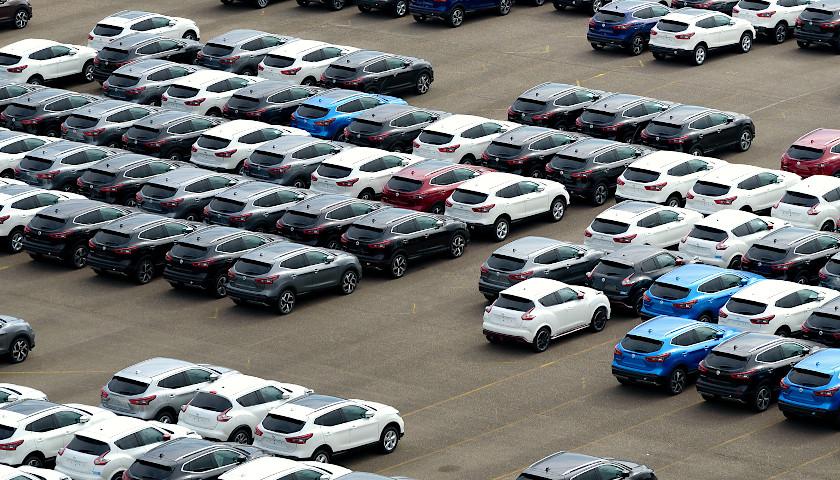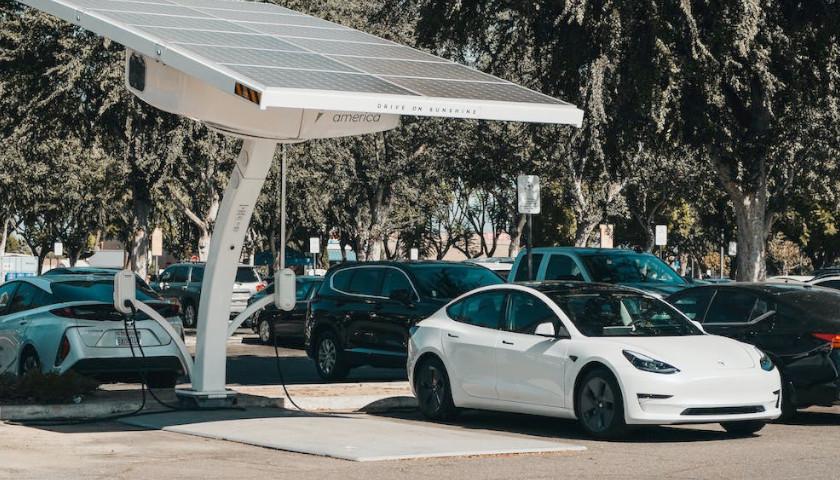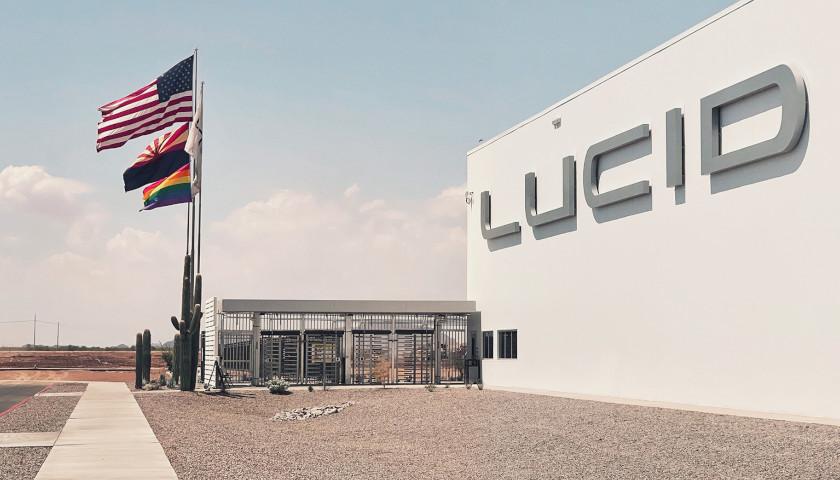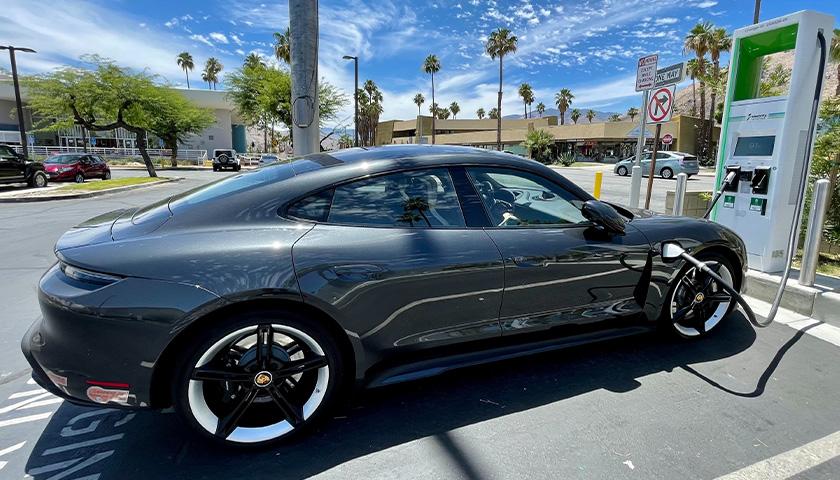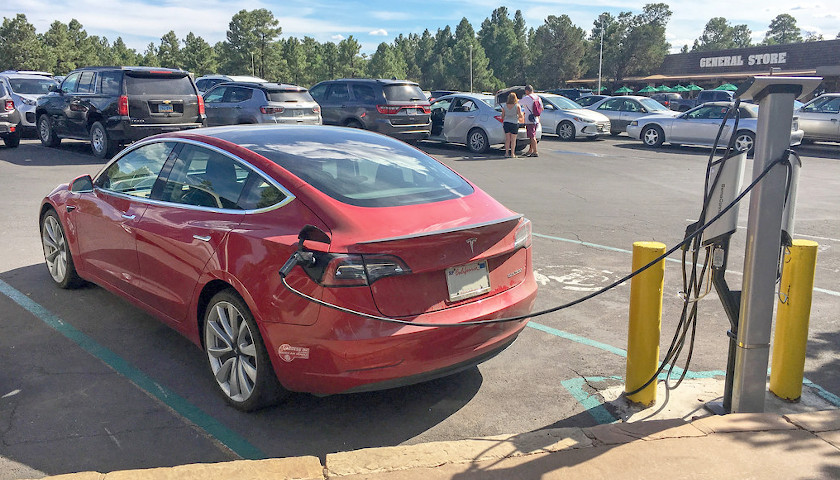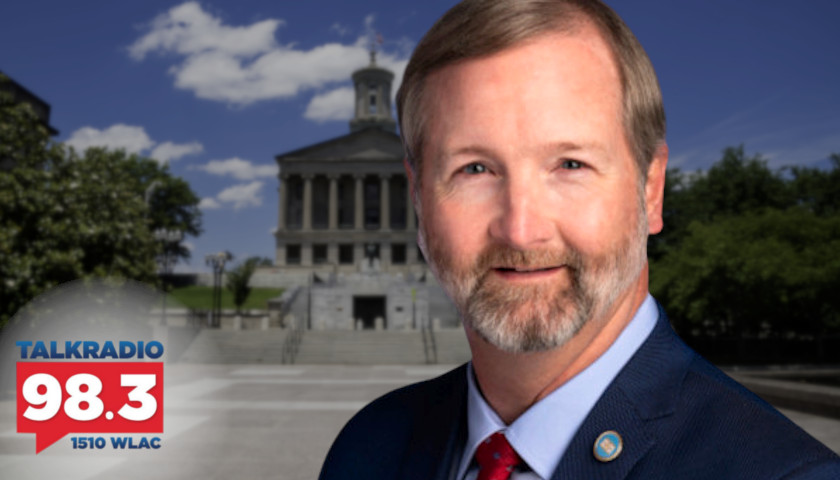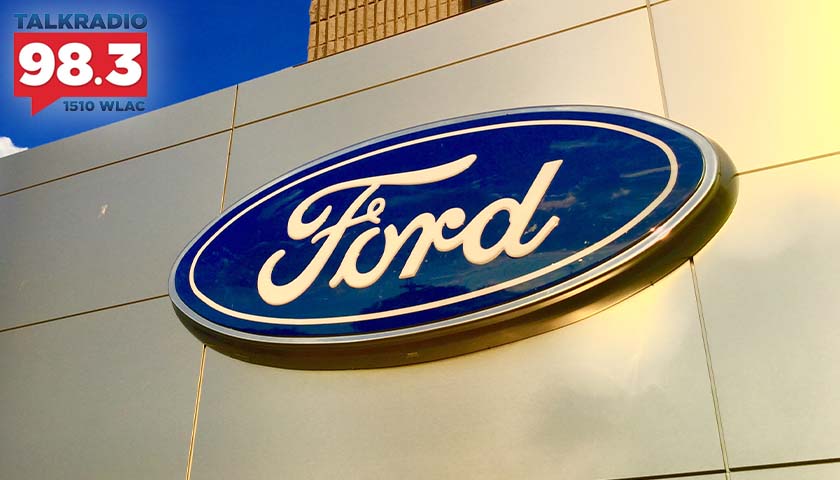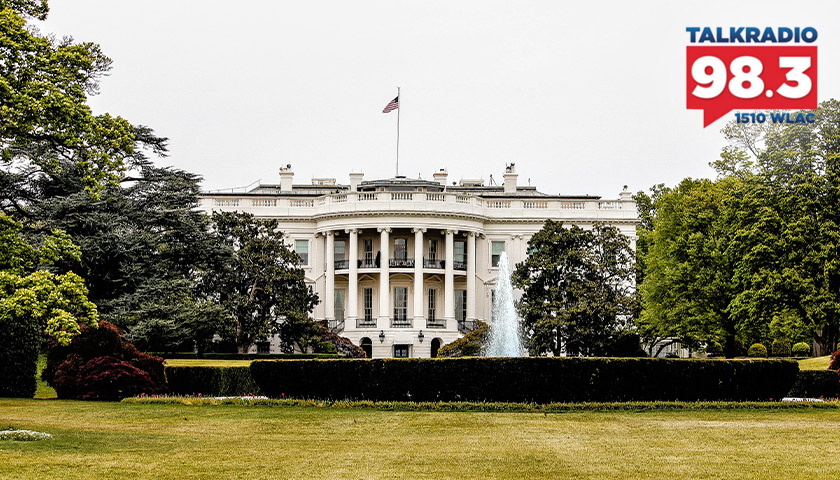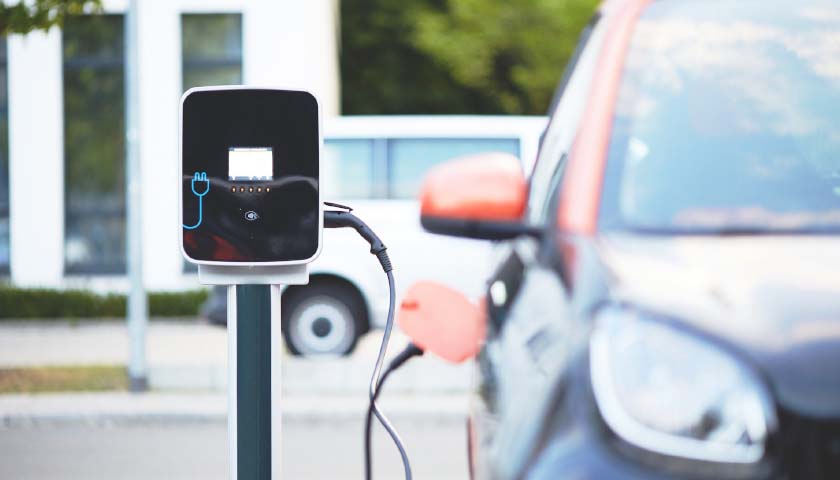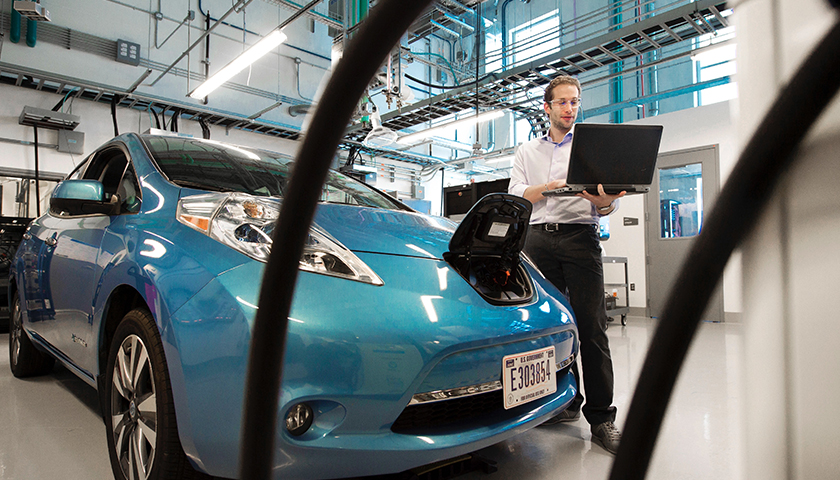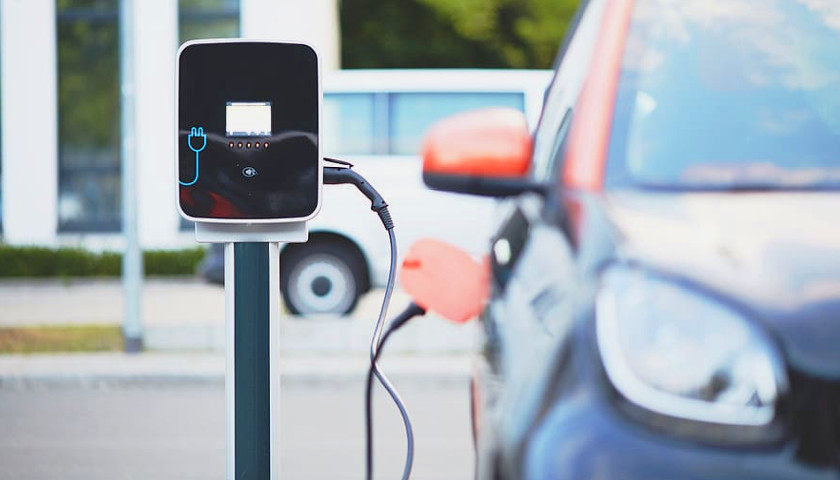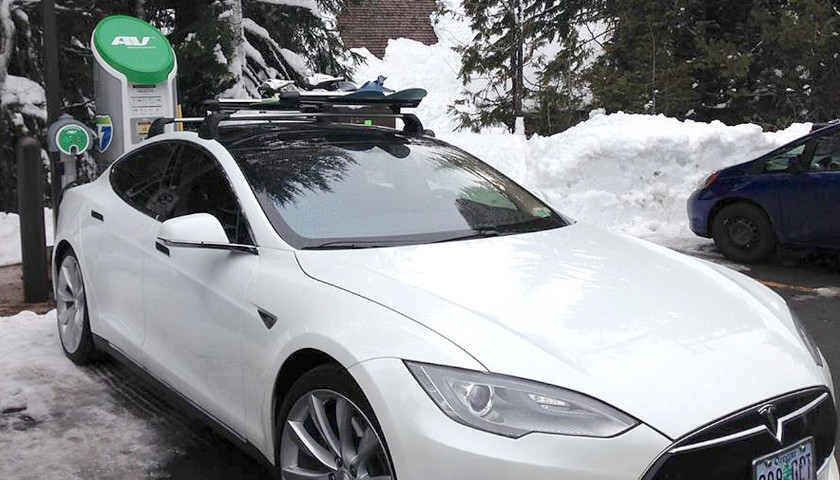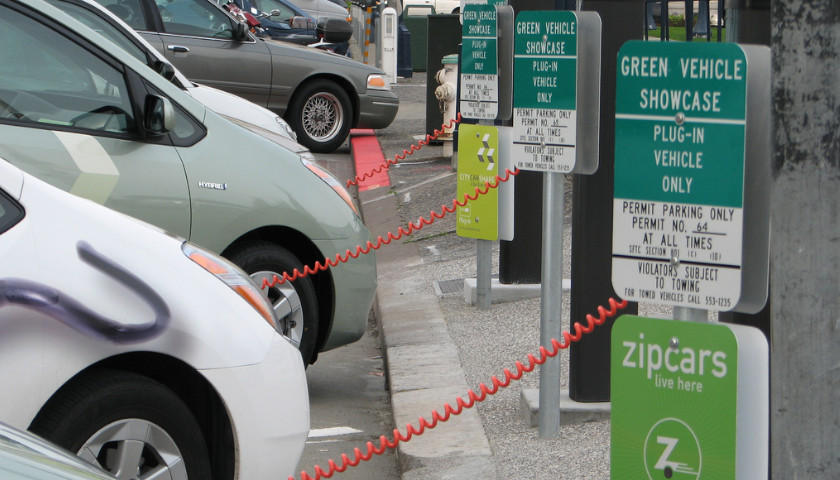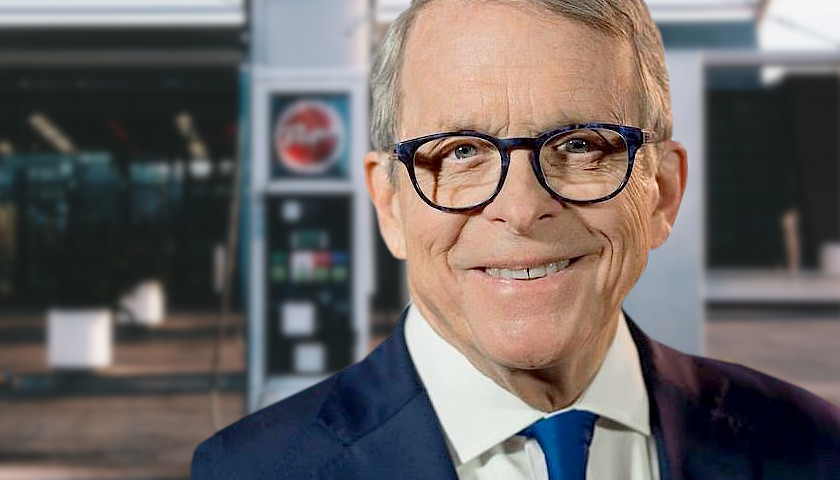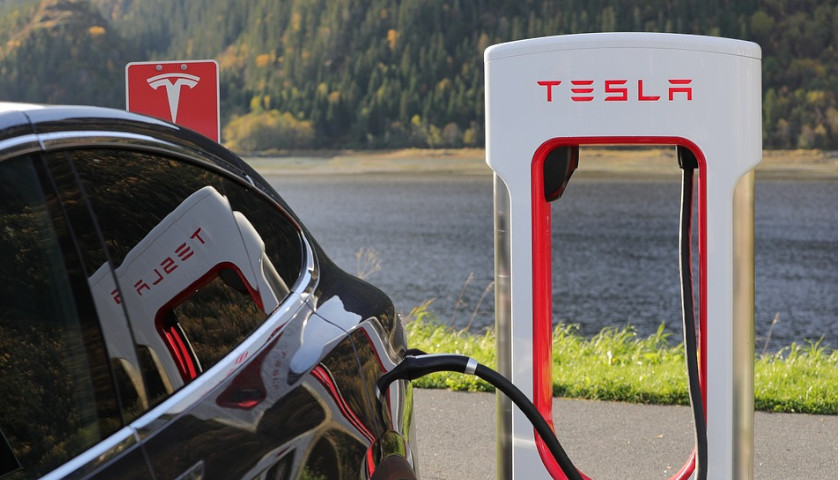About 4,000 auto dealers from all 50 states have signed a letter to President Joe Biden saying electric vehicles are “stacking up on our lots” as the demand for electric cars has “stalled.”
“BEVs [battery electric vehicles] are stacking up on our lots,” the auto dealers stated in the letter. “Last year, there was a lot of hope and hype about EVs. Early adopters formed an initial line and were ready to buy these vehicles as soon as we had them to sell. But that enthusiasm has stalled. Today, the supply of unsold BEVs is surging, as they are not selling nearly as fast as they are arriving at our dealerships – even with deep price cuts, manufacturer incentives, and generous government incentives.”
Read the full story
